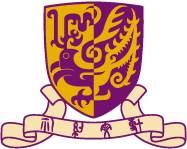Reinventing ‘Commons’ in the New Territories, Hong Kong: Institutional Challenges and Planning Implications
Prof. NG Mee Kam
This research aims to use the concept of ‘commons’ (a shared resource that should be managed sustainably) to examine the ‘tso-tong’ land (clan-based customary land trusts) collectively-owned by indigenous villagers in the New Territories (NT), exploring the constraints and possibilities of utilising this little known resource to meet sustainably Hong Kong’s future needs.
It is always believed that Hong Kong is short of land. However, built-up area made up only 24.3% of land and discounting country parks in largely rugged terrain (40%), the city should still have 35% of land for use. The majority of land in Hong Kong lies in NT. Indigenous villagers (who were in NT before 1898) used to own the land. It is reported that 24km2 of land resources are owned collectively by clan-based customary land trusts. This amount is larger than the 16km2 Hong Kong used to build public housing, accommodating 45% (3.3 million) of her population. It is also puzzling why indigenous villagers opt turning their private and ‘tso-tong’ land to brownfield sites (16km2) or selling them to developers (>10km2) rather than developing them sustainably.
As ‘tso-tong’ land is grossly under-researched in urban planning, this study attempts to locate ‘tso-tong’ land through the Rural Council (Heung Yee Kuk) and its 27 Rural Committee representatives. Using a synthesised framework to study ‘commons’, ‘tso’ or ‘tong’ managers, village heads and villagers are interviewed to gather information on the land resource, the group owning it and the institutional arrangements in the operation of these land trusts. Government, developers and NGOs concerning land development in NT will also be interviewed to trace the impacts of policies, urbanisation and other developments on this land resource. The research findings will be synthesised and ecological and humane planning approaches advocated by the United Nations will be adopted to formulate feasible pathways of re-commoning this land resource.
Rich cultural and natural heritage can be found in the New Territories – assets that need to be carefully conserved in the process of development.
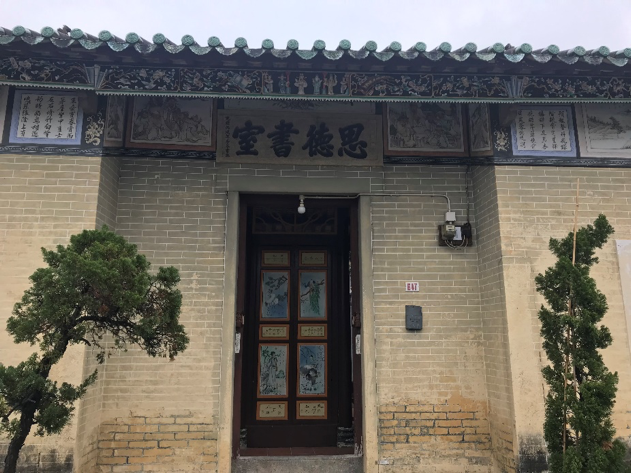 |
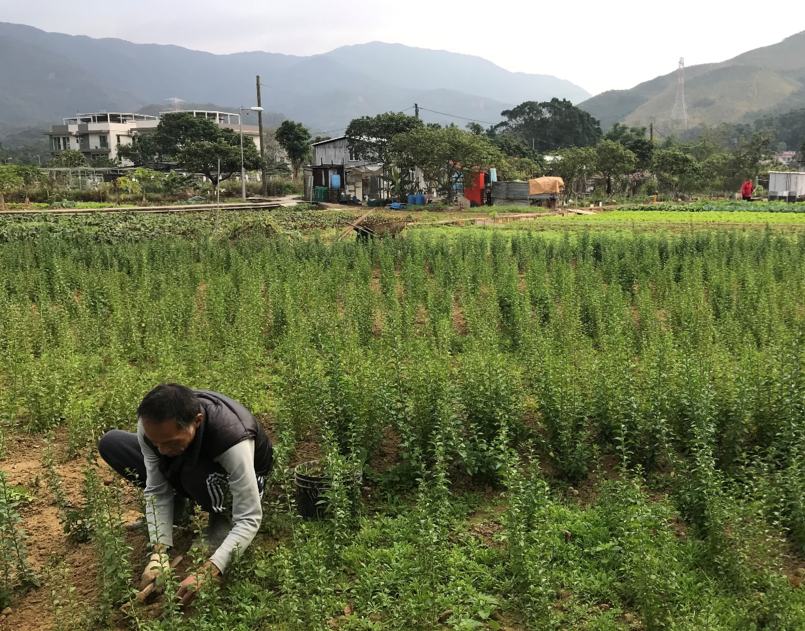 |
 |
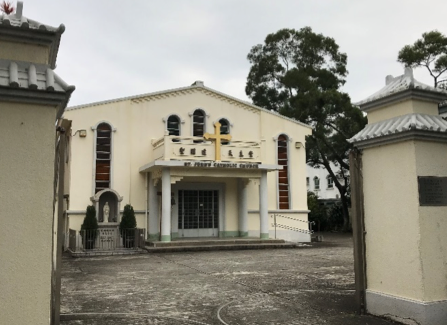 |
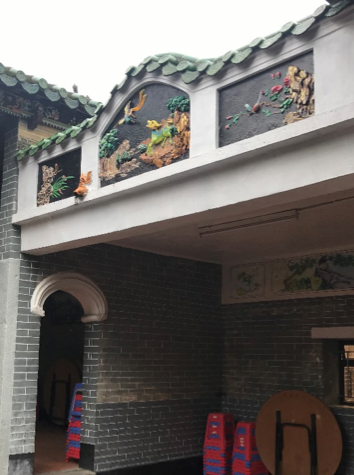 |
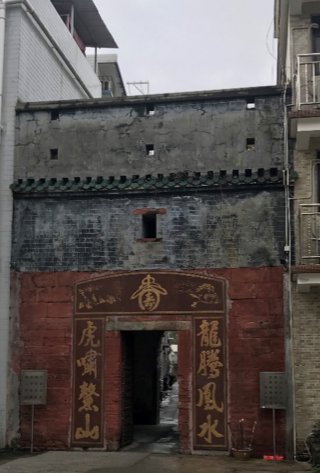 |
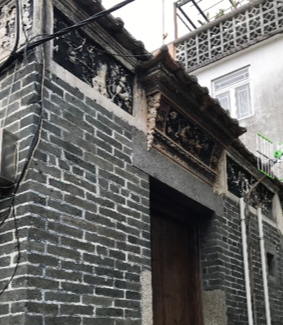 |
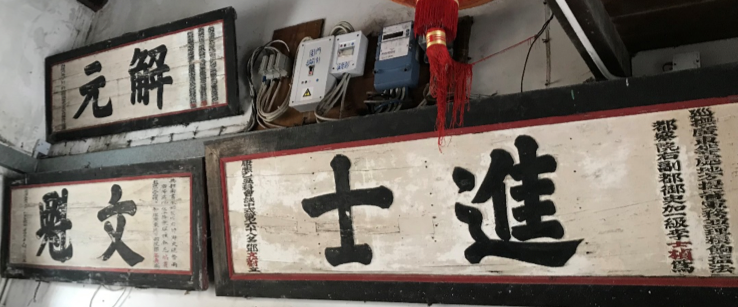 |
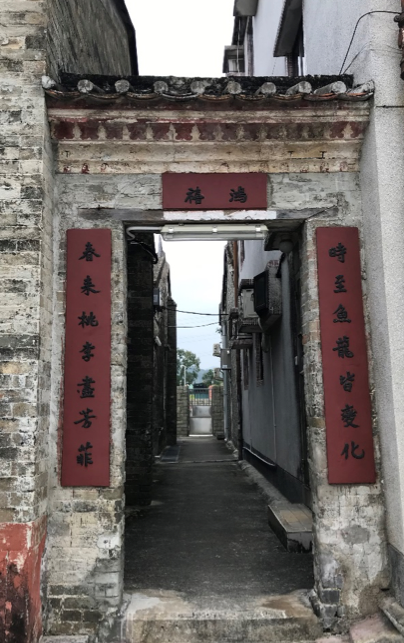 |
